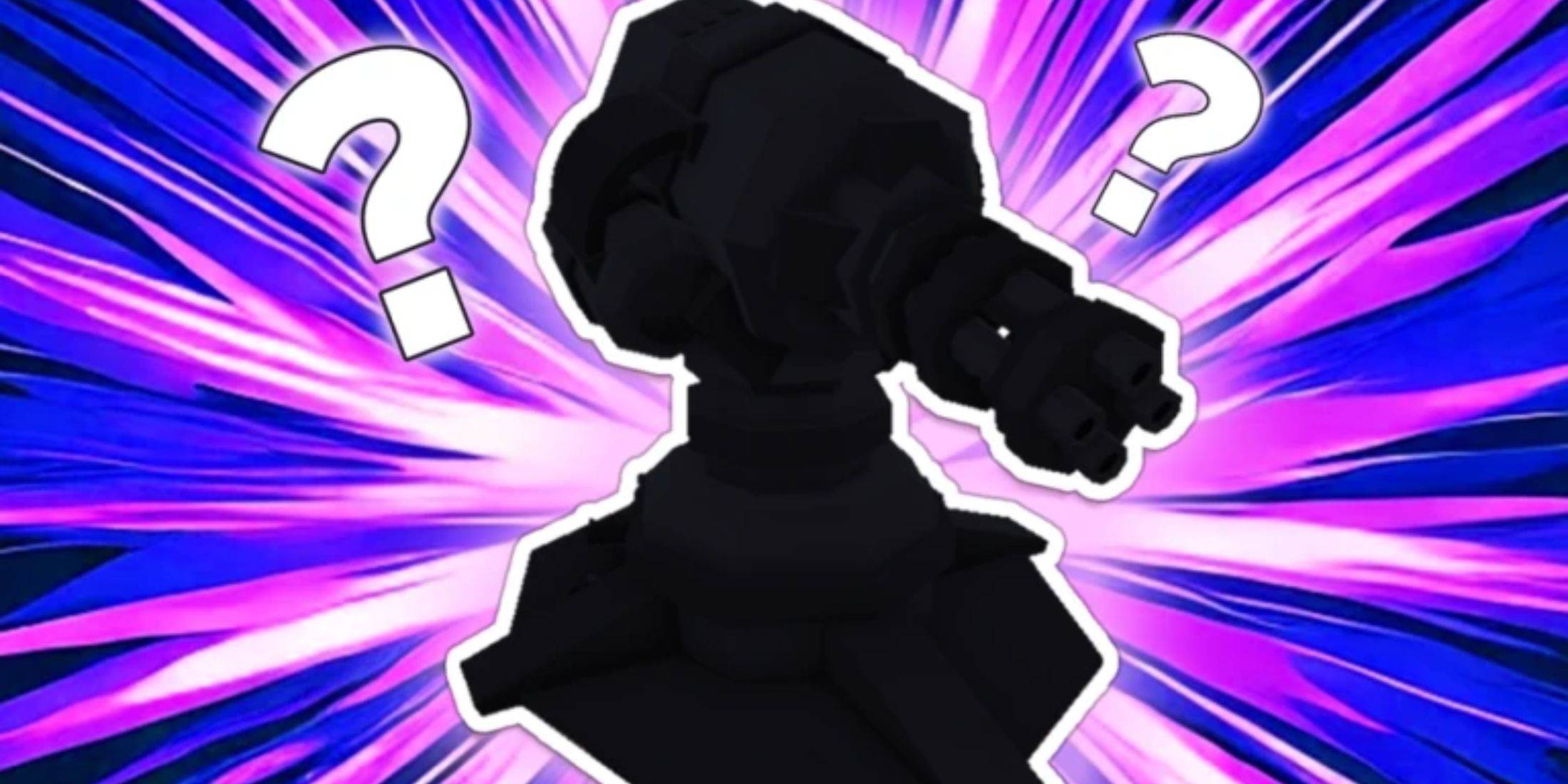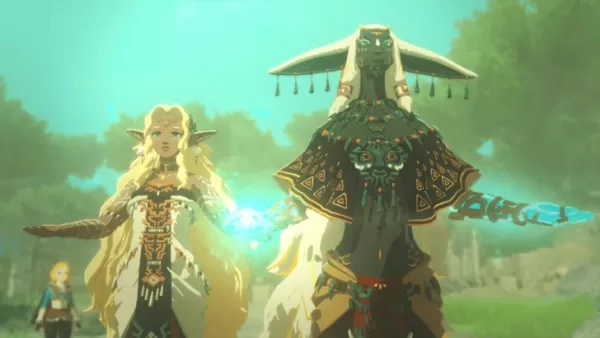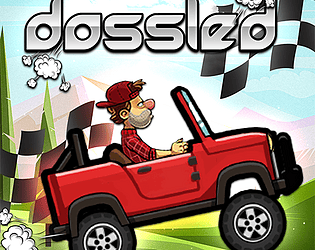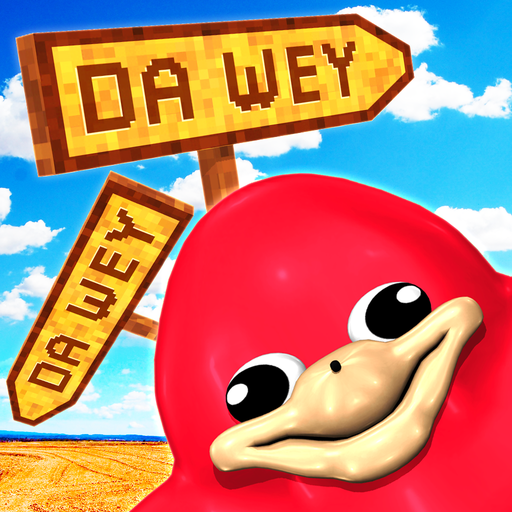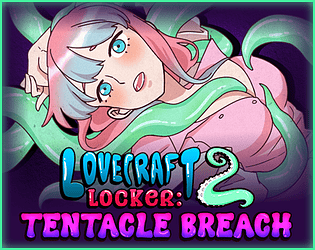The games industry has faced significant challenges in recent times, with layoffs, studio closures, and funding issues creating a turbulent environment. Enrique Fuentes, CEO and co-founder of Teravision Games, felt this impact acutely when his team launched *Killer Klowns From Outer Space*, an asymmetrical horror game inspired by the 80s movie. Despite positive reception, including a 7/10 from IGN who praised its entertainment value akin to the original film, and garnering hundreds of thousands of views on trailers, Teravision found itself struggling post-launch.
“As you know, 2024 was a pretty tough year for the whole industry. So it was a little bit slow for us to close our next project,” Fuentes reflects. Despite previous collaborations with major companies like Disney, Nickelodeon, and Xbox, finding a follow-up project to *Killer Klowns* proved challenging. With time running out, the studio, led by its seasoned developers with two decades of industry experience, turned to a novel approach: developing games within Fortnite. In less than a year, Teravision released three games using Unreal Engine for Fortnite (UEFN), and today marks the launch of their fourth game, which leverages the official *The Walking Dead* content pack in UEFN.
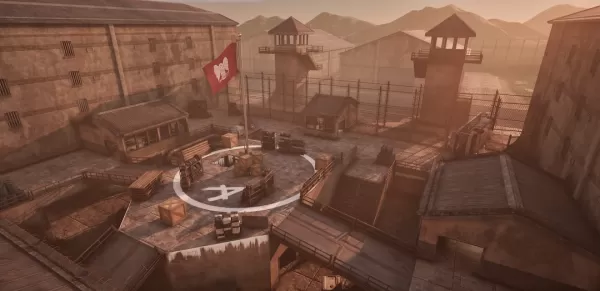
In collaboration with Skybound, the company co-founded by *The Walking Dead* creator Robert Kirkman, Teravision's latest UEFN game is *Courtyard King*, a King of the Hill style multiplayer PvPvE experience set in the iconic prison location from the series. Players battle both each other and NPC zombies to control territory, using official *The Walking Dead* assets, including character models of Rick Grimes, Negan, and Daryl Dixon. Teravision also worked with Skybound's writers to develop the game's story and dialogue.
“Instead of a multi-year project like *Killer Clowns From Outer Space*, these are projects that we could put together in weeks or months,” Fuentes explains. “We have worked with big brands in the past… and UEFN was something that we were experimenting with… but we never imagined that was going to be the route where we’re going to be engaging with a company like Skybound,” he adds. “But I mean, UGC, it’s one of the biggest things in gaming right now.”
User-generated content (UGC) is currently driving significant trends in gaming, particularly through platforms like Fortnite. While UGC typically refers to content created by players, professional studios like Teravision are exploring this space with Fortnite's Unreal Engine 5 tools, which are well-suited for experienced developers.
“It made sense because we come from an engineering background and it was a platform where we could experiment in and assume some of the risk,” Fuentes notes. This approach allowed Teravision to develop *Havoc Hotel*, a roguelike shooter set in a hotel, where players fight through levels and use earned currency to purchase stronger weapons. The success of the first *Havoc Hotel* led to further iterations, with *Havoc Hotel 3* becoming one of Fortnite's most popular games.
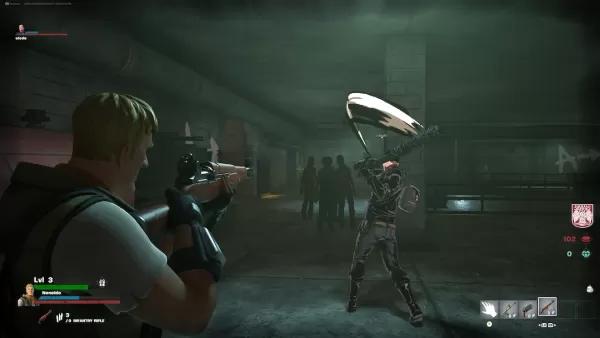
Teravision's game designer, Martin Rodriguez, highlights that the transition from Unreal Engine to UEFN was seamless for the studio. The streamlined systems and more "drag and drop" processes in UEFN enabled the team to focus on creating better games and exploring new creative ideas.
“For us, it just removes some of the work that we would’ve done otherwise and allows us to focus on just making better games and explore different new creative ideas,” Rodriguez states.
While the engineering team adapted easily to UEFN, the game design team faced unique challenges. Games like *Havoc Hotel* started as experiments but evolved into standalone experiences. Teravision's creative director, LD Zambrano, notes that UEFN games differ significantly from traditional games.
“A traditional experience we have had designing other [non-UEFN] games is where players relate through objectives that entice cooperation and competition, right?” Zambrano explains. “In [UEFN’s] case, we have found that even though those objectives are still relevant and we still can use that game design sensibility and bring them there, I found that there are a lot of experiences that are very popular within the Fortnite ecosystem that are kind of just context. They’re weird situations and interactions that don’t necessarily translate into a very clear competition, but they still work.”
Zambrano likens UEFN games to playground activities, where players create spontaneous games that may not have clear objectives but foster engagement and friendships. This approach is reflected in *Courtyard King*, an infinite game with no final winner. Matches continue indefinitely, allowing players to join and leave, switch teams, and create dynamic scenarios, such as betrayals, which align well with *The Walking Dead* theme.
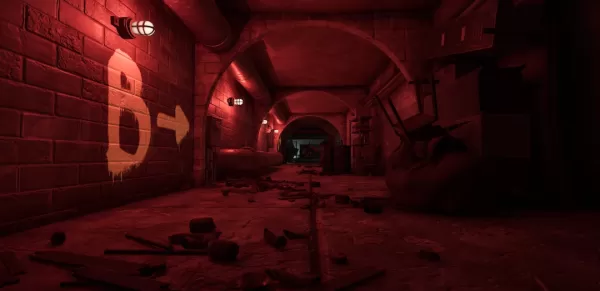
“Players can drop in and drop out whenever they want. They can even change teams whenever they like, which generates situations for betrayals. Maybe you enter a party with your friend, but then in the middle of the match you don’t tell him and change teams. Which is very Walking Dead-like,” Zambrano elaborates.
For game developers, this model presents both opportunities and challenges. While it positions them within larger ecosystems like Epic Games or Roblox, it also allows studios to experiment without exhausting their resources, while accessing large player bases and big IPs like *The Walking Dead*. Enrique Fuentes sees significant potential in this approach.
“We can actually assume the risk as an indie developer in [UEFN]. Because last year, we couldn’t even think about starting a three-year project. We could do something in a few weeks with a smaller team and that completely changes the paradigm for a new developer. This is now a viable model where you can actually support an 80 person studio like we do, and we can assume the risk,” Fuentes concludes. “It’s something that if you have the right ideas, the right creativity around it, if you understand the market well enough and you have the right thinking, execution becomes possible and it doesn’t take years, it actually takes weeks, maybe months. I think this is a dream come true for indie developers.”

